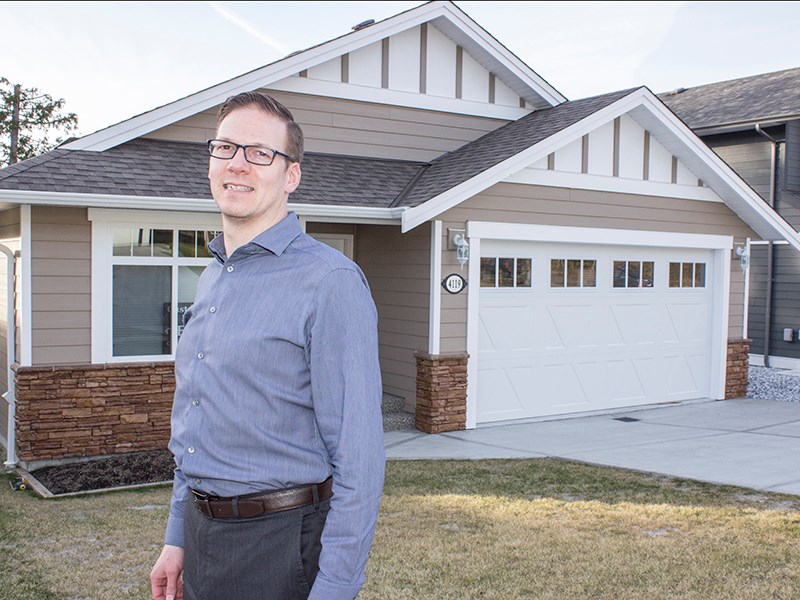Changes to BC’s property-transfer tax (PTT), aimed at improving the affordability of new houses in the province’s hottest real-estate markets, will not carry as much punch for Powell River.
Finance minister Mike de Jong revealed the changes February 16 as part of the province’s budget for 2016. The changes include raising an exemption on the tax on newly constructed homes from $450,000 up to $750,000.
“For nine out of 10 homes sold in Powell River this property tax is collected,” said Neil Frost, president of the Powell River Sunshine Coast Real Estate board. “The only exemptions are for first-time home buyers and new constructed homes up to $750,000.”
The exemption is only available for Canadian citizens and permanent residents who are purchasing a newly constructed home as a primary residence on a lot smaller than 1.24 acres. The property-transfer tax continues to apply for used homes.
While the extended exemption may reduce some of the cost of the home purchase, buyers of new homes will still be required to pay other taxes that add to the cost of the purchase, said Frost.
“It might be a little more encouraging, but someone buying new construction is still going to have to pay GST,” he said.
GST rebates are available, noted Frost, but even at that the numbers may not push a purchaser to consider buying new. A $350,000 newly constructed home would qualify for a transfer-tax exemption, but GST would add more than $11,000 to the home’s cost, even after the rebate.
“It’s great because buyers don’t have to pay the PTT, it’s one less expense, but will it make people buy new over used? Probably not in our market,” said Frost.
Powell River home constructor Jim Agius said raising the exemption threshold will have a slight effect for some purchasers.
“It’ll just be a bonus for somebody who’s thinking about buying a lot and building a custom home,” said Agius.
The move, he said, may lead to an increase in the amount of rental housing, particularly duplex and townhouse construction. Powell River’s rental market for homes has continued to shrink over the past few years, leading to increases in rents and less choice for potential renters.
Agius attributes the region’s high construction costs as being one factor in the low level of housing available for rent.
BC has the highest costs for new construction in North America due to the region’s seismic instability, the need for more robust building envelopes due to the coast’s “sideways rain” and BC’s stringent building code for energy conservation, he said.
“Typical homes in Alberta are being built for $80 or $90 per square foot, where here in Powell River $120 [per square foot] gets you a pretty basic house,” said Agius.
Currently, the PTT is one per cent of the first $200,000 of the sale and two per cent on the remaining, up to $2 million.
“On your average Powell River house under $300,000 it still could be about $3,000,” said Agius.
In his budget presentation, de Jong stated that the changes were aimed at stimulating the new home market in the province and increasing the supply of housing in response to the demand that has driven house prices up.
BC Real Estate Association chief economist Cameron Muir stated in a media release, prior to de Jong’s announcement, that the inventory of new homes for sale in the province is at its lowest in a decade.
“Fewer homes for sale and strong consumer demand are expected to put home prices higher in most BC regions this year and in 2017,” stated Muir.
Frost said it would be a boost for the local economy if the measure did provide a greater incentive for purchasing newly constructed homes.
Home construction has broad-reaching economic impacts for the local economy, he explained, particularly when construction firms are purchasing building supplies locally and employing local tradespeople.
“Even if the workers come from out of town, they are staying in our hotels and eating in our restaurants,” said Frost.
The volume of home sales in Powell River was up last year, but prices have been slow to rebound. According to Frost, prices have not yet returned to pre-2008 levels.



